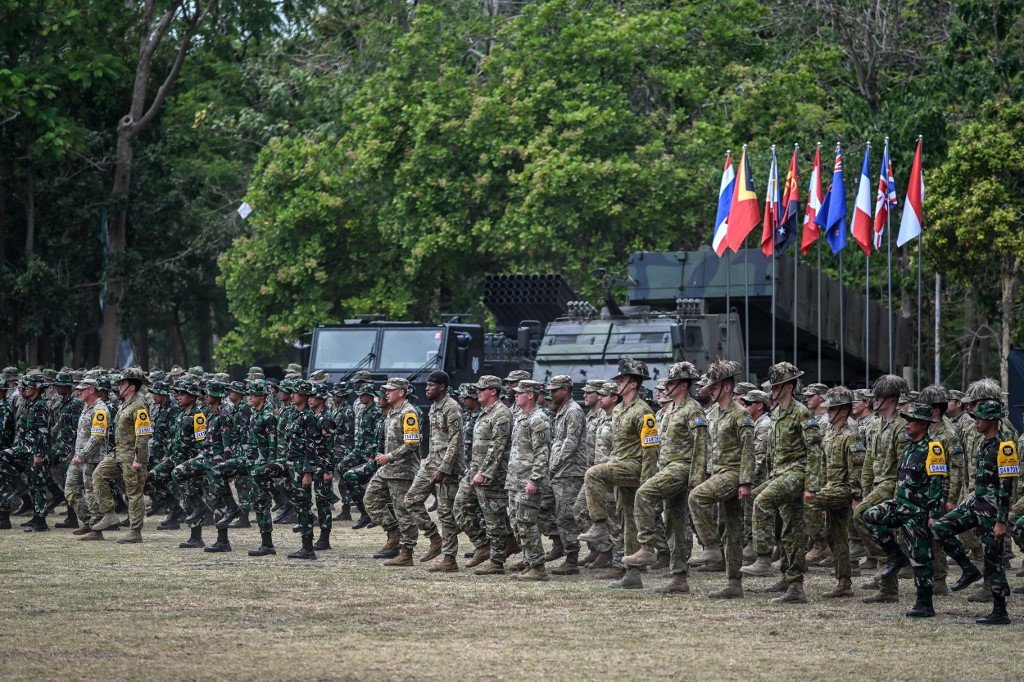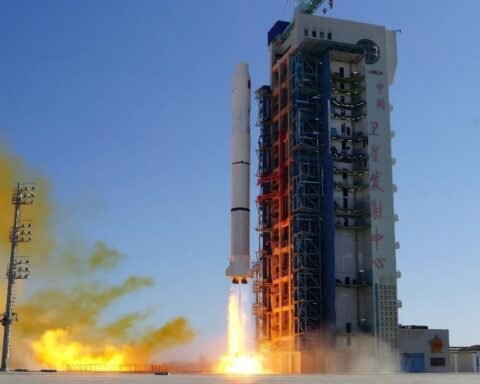Indonesia and the United States have kicked off their annual joint military exercises, with participation from 11 other countries in the Asia-Pacific region.
The drills, part of the long-standing Super Garuda Shield program, aim to strengthen regional stability, improve interoperability among allied forces, and ensure preparedness for potential security challenges.
This year’s exercises come amid growing concerns over China’s expanding influence in the region. U.S. officials have emphasized that the drills are intended to encourage regional partners to take emerging threats seriously while fostering cooperation in areas such as maritime security, disaster response, and joint operations. Participating nations include Japan, South Korea, Australia, and the United Kingdom, who will work alongside Indonesian and American forces in a variety of complex training scenarios.
Admiral Samuel Paparo, commander of the U.S. Indo-Pacific Command, stressed that the goal is to promote peace and stability rather than provoke conflict. “Our focus is on strengthening defense cooperation and ensuring that our partners are ready for any eventuality,” he said.
China, however, has voiced strong criticism of the exercises, accusing the United States of attempting to create an “Asian NATO.” Beijing’s objections reflect broader concerns over rising military collaboration between the U.S. and its allies in the region, which China views as an effort to contain its influence.
Also Read; India Defends Oil Trade Amid Western Criticism
Analysts note that these tensions mirror longstanding challenges in China–United States relations and highlight the delicate balance countries in the Asia-Pacific must navigate between security and diplomacy.
Despite deepening defense ties with the United States and other partners, Indonesia continues to maintain a policy of non-alignment. The country seeks to balance its security partnerships with its economic relations, particularly with China, which remains a major trade partner. This dual approach allows Indonesia to enhance its defense readiness while avoiding full alignment with any major power bloc.
Beyond the immediate military objectives, the Super Garuda Shield exercises send a broader geopolitical message. Analysts say these drills could influence long-term regional security dynamics, shaping how countries in Southeast Asia coordinate defense strategies and respond to potential threats. The presence of multiple nations highlights the growing importance of multilateral cooperation in maintaining stability in one of the world’s most strategically significant regions.







